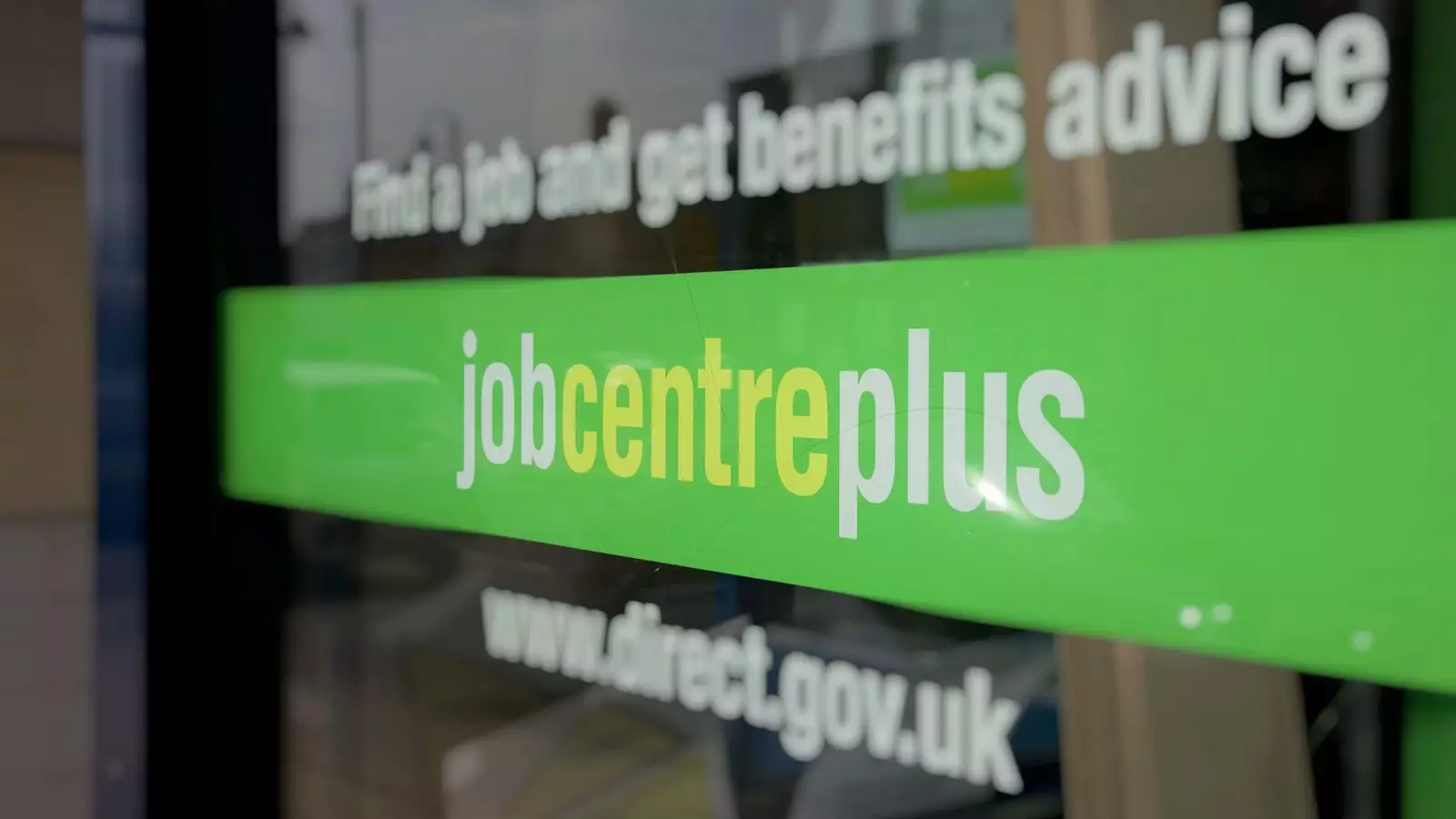The recent labor market data from the UK paints a worrisome picture, revealing a 0.1% uptick in the unemployment rate to 4.6%. This may seem like a minor increment, but it resonates deeply given that it marks the highest level we have seen since July 2021. As the nation grapples with the implication of tax hikes introduced to respond to a substantial fiscal deficit, it becomes increasingly evident that the ramifications are more than numerical—they are indicative of serious societal shifts. Over 1.6 million individuals now find themselves navigating a stark and uncertain economic landscape, punctuated by job instability.
The notable drop in payrolled employment—109,000 fewer jobs in May alone—is not merely a statistical quirk; it represents a concerning trend as businesses continue to streamline operations amidst increasing operational costs. The burden of new national insurance contributions and mandated wage increases puts additional pressure on employers, many of whom are now reevaluating their hiring strategies.
Illusions of Economic Recovery
Despite claims from the government highlighting recent job creation initiatives, the tangible outcomes tell a different story. While Employment Minister Alison McGovern boasted of 500,000 new jobs since the government took office, these assertions seem increasingly far-fetched with the recent evidence suggesting just the opposite. The notion that an uptick in economic activity counters the grim realities of pay reductions and rising costs is disingenuous at best.
Particularly disheartening is the downward revision of average weekly earnings to 5.2%, a figure that not only reflects diminished income growth but also positions workers precariously against the rising inflation rate of 3.5%. For many, this represents a shrinking purchasing power, rendering the joys of wage growth arbitrary when weighed against inflated living costs. It is an illusion of progress that fades the moment it confronts the hard realities of household budgets.
Consequences of Short-Term Policies
The short-sightedness of the current administration is starkly brought to light when considering the feedback from various businesses. With companies expressing hesitation in hiring or filling vacancies, it is evident that the policy decisions being implemented, while possibly necessary for short-term fiscal correction, are perilously undermining the labor market’s long-term health. What was pitched as a strategic measure to stabilize the economy is becoming a catalyst for potential stagnation.
The cry for innovative policies is louder than ever, yet the government appears ensnared in a loop of traditional responses that yield diminishing returns. Faced with a potential fiscal crisis, policymakers have raised taxes but have failed to address foundational issues such as skills training, job security, and genuine wage growth. In doing so, they have compromised the resilience of the labor market, leaving the working population fending for themselves amid a shifting economic landscape.
The Ongoing Struggle for Worker Rights
What is paradoxical is that at a time when the government should be bolstering the capabilities of its workforce, it finds itself enacting policies that could inadvertently strip them of stability and security. The emphasis on fiscal responsibility must be counterbalanced by a commitment to developing human capital and supporting labor rights—areas where the government seems to be faltering.
In a society that increasingly values empathy and care for one’s community, the pursuit of profit margins at the expense of job security and fair wages will not suffice. The recent statistics should ignite a conversation focused not just on economic recovery but also on ensuring that growth is inclusive and sustainable.
As Britain languishes in a near-stagnant employment landscape, the real challenge is not merely creating jobs but crafting an environment where workers feel valued and secure. The government’s current approach may have saved them in the short term, but it leaves many wondering: at what cost?

Leave a Reply